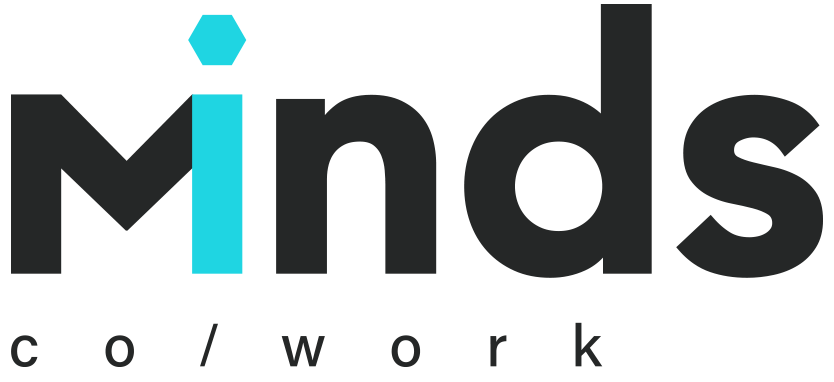5 Tax Tips for Those Working in a Shared or Coworking Space
The global coworking market has increased rapidly over the past few years to support new ways of working. Predictions estimate that almost five million people worldwide will be using coworking spaces by the end of 2024.
Working in a shared working space can be a great way for entrepreneurs to stay productive and connected to other professionals. However, these arrangements differ from traditional offices when filing income taxes.
Understanding these differences can help you avoid any unnecessary surprises come tax season. In this blog post, we will explore necessary tax tips for entrepreneurs working in shared or coworking spaces.
What are coworking spaces?
Coworking spaces are offices shared by multiple entrepreneurs and remote workers. This can be an option for people trying to balance their work and home life but don’t have enough room for an office at home.
Some coworking spaces allow you to rent only a desk or a seat, while others allow you to buy a permanent desk or office space.
5 tax tips for entrepreneurs who use coworking spaces
There are five things to keep in mind for tax time when working in a shared or coworking space.
Keep track of your expenses.
Keeping track of your expenses will make the tax filing process much easier. You can use your records to support any deductions or credits you may want to claim on your taxes.
One of the easiest ways to keep track of your expenses is by using a spreadsheet or a good ol’ pen and paper.
Tax deductions
If you report the income associated with working at a shared or coworking space, you can deduct the costs associated with working there. You may be able to deduct things like your monthly membership fees, internet, and miscellaneous office supplies.
Additionally, you can deduct travel expenses if you travel to a client’s office or take classes or courses related to your work. You may also be able to deduct parking and tolls if they are related to work.
Tax credits
As a freelancer, you may be able to claim one or more tax credits. If you have more credits than you owe, you can either apply your credits to your next tax return or get a refund.
Form 1099
Did you collaborate with any independent contractors? If so, you must fill out form 1099 if they did more than $600 worth of work in a year.
Food expenses
While you can deduct many aspects of your coworking space, food isn’t one of them. You can only write off food expenses on your taxes if it's a business lunch or meeting.
How people work is changing as digital technology reshapes how we live, learn, and work.
Working in a shared or coworking space such as Minds CoWork can maximize your potential and take your business to the next level.
